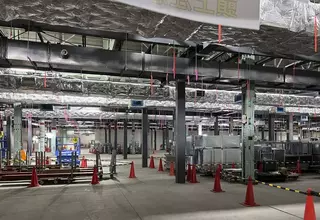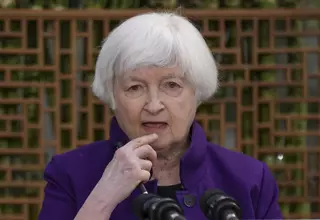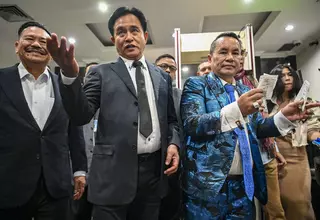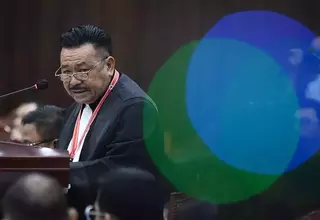Indonesia Eyes Multiple Benefits from RCEP
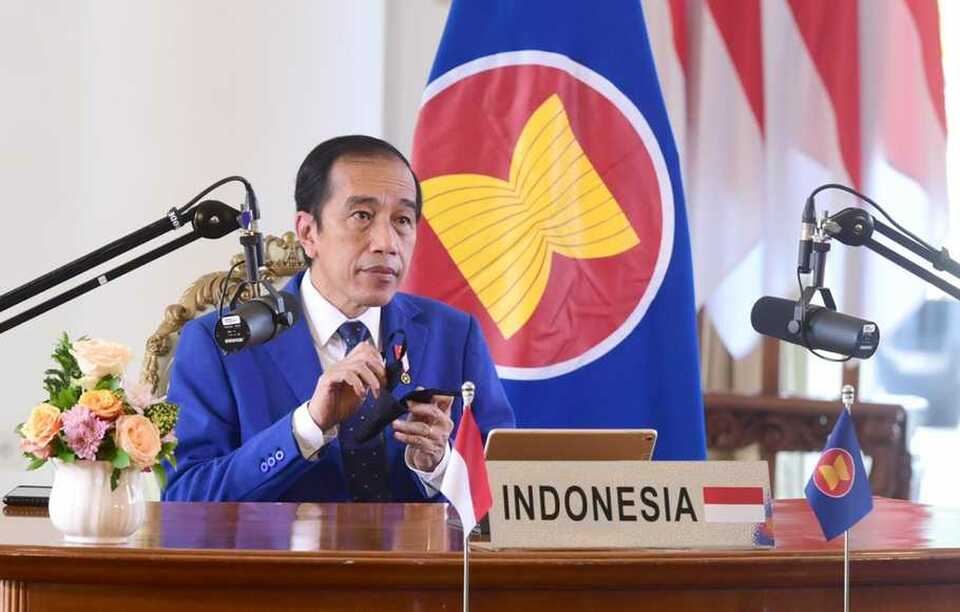
Jakarta. Indonesia expects double-digit growth bumps in exports and investment and a long-term boost in economic growth after Asean and its five trading partners signed the world's largest regional free trade pact on Sunday.
Asean member countries with China, Japan, South Korea, Australia, and New Zealand signed the Regional Comprehensive Economic Partnership (RCEP) during the 37th Asean Summit that concluded on Sunday. The deal combines the existing free trade pacts among the 15 countries into a single platform, eliminating up to 90 percent of the tariffs on imports over the next 20 years.
"The signing marks our strong commitment to multilateralism. This is a historic day," President Joko "Jokowi" Widodo said after the signing.
Trade Minister Agus Suparmanto said that the RCEP would spur Indonesia's deeper involvement in the global supply chain and accelerate its post-Covid-19 economic recovery.
"RCEP has the potential to increase Indonesia's exports to participating countries by 8-11 percent and investment to Indonesia by 18-22 percent," he said on Sunday.
Trade ministry data showed Indonesia's exports to RCEP signatory countries have increased by 7.35 percent in the past five years. In 2019, total non-oil and gas exports to the RCEP area reached $84.4 billion or 57 percent of Indonesia's total exports. Indonesia's imports from those countries reached $102 billion, or 66 percent, of the archipelago's total imports last year, excluding oil and gas.
While it tends to book deficits in trading with the RCEP countries, Indonesia also managed to attract more foreign direct investments from the region.
Agus said he was confident the trade pact would benefit Indonesia business, as it opens up a huge market that comprises 30 percent of the world's population, 32 percent of the world's gross domestic product (GDP), 30 percent of the world's FDIs and 27.4 percent of the world's trade. In comparison, the European Union comprises close to 30 percent of the global trade.
"This will also create jobs, increase welfare, and bump up GDP in 2021-2032 by about 0.05 percent point. Otherwise, without RCEP, the GDP would decrease by 0.07 percent," Agus said.
According to the ministry study, the trade deal would generate a welfare gain of around $1.52 billion for Indonesia. The welfare gain comprises the consumer's saving resulted from paying lower prices and producers' profit from selling above their offering price.
Agus also said that RCEP was designed in such a way also to protect the signatories' local industries and put an emphasis on integrating them into the global supply chain.
"There is no other way to fully reap the benefits of RCEP, apart from increasing our competitiveness. That is what our competing countries are doing continuously," Agus said.
He said the government would still need approval from the House of Representatives to ratify the trade pact. However, the government is confident that the process can finish it early next year.
Iman Pambagyo, the director-general of international trade negotiations at the Trade Ministry, said that the ministry expects the ratification process to need 90 days from when the government submits the trade pact to the House.
"We still need to go through the House to [ratify the pact into] law and issue government regulations afterward," Iman said. Iman also chaired the Indonesian RCEP negotiation team.
Tags: Keywords:POPULAR READS
Nissan to Make Next-Generation EV Batteries by Early 2029
Solid-state batteries are widely seen as the next step for EVs.Airlangga Set to Extend Leadership in Golkar After Election Success
Under his leadership, Golkar rose to the second position in the legislative polls and successfully made Gibran the elected vice president.Yellen Says Iran's Actions Could Cause Global 'Economic Spillovers'
Iran's missile attack on Israel early Sunday came in response to what it says was an Israeli strike on Iran's consulate in Syria.Takeaways from Prabowo's Responses to Legal Motion Contesting His Election Win
Part of the argument addresses the claim that the candidacy of Gibran Rakabuming Raka, Prabowo’s running mate, is unlawful.Prabowo Camp Cites ‘Procedural Error’ in Legal Challenge by Rival Candidates
The Constitutional Court's main task is to address alleged discrepancies in vote tallies, which neither of the plaintiffs challenged.Popular Tag
Most Popular















